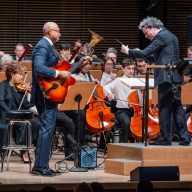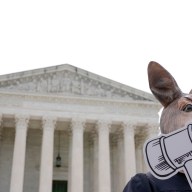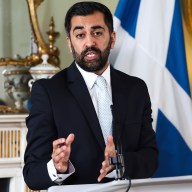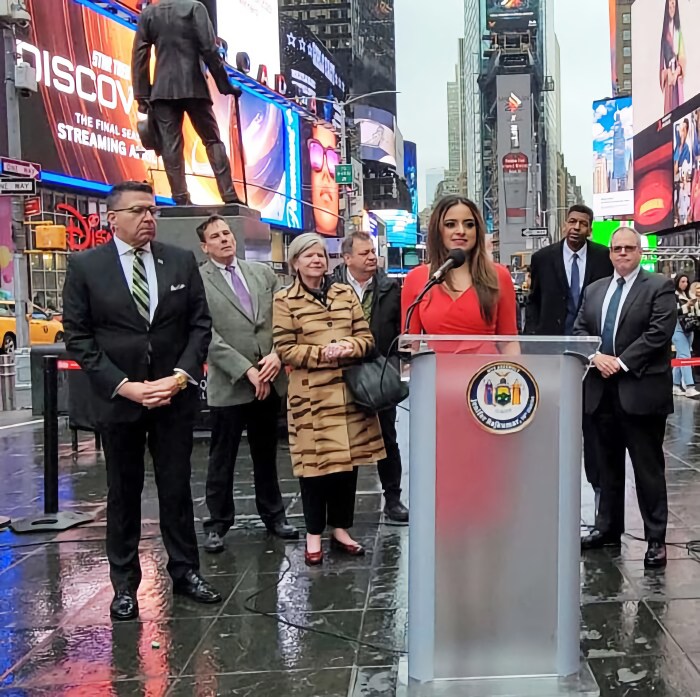David Beckham’s announcement of his desire to leave Major League Soccer will leave this fringe league broken, barren and boring.
Or, at least, that’s what some with little understanding of the game are suggesting.
There is no denying that Golden Balls, as he is affectionately referred to in the British press, has certainly rubbed off on the MLS.
Going back to 2007, when he joined the league, it was the right decision for the time. Here was a guy who could transcend sport and put non-soccer-loving fans into the seats.
In American markets, where soccer has to compete with baseball, hockey, basketball and football for TV time and fan dollars, the game was always going to be a hard sell — but, at first, it worked.
Beckham’s Galaxy recorded league-high home and away attendances in 2007 and 2008. His jersey outsold those of Kobe Bryant, Peyton Manning and Derek Jeter in 2007. And perhaps the most telling stat: when Toronto FC joined the league (the same year as Beckham) they paid a $10-million expansion fee. Teams, like Vancouver and Miami, who are applying today for expansion, are looking at $40 million in fees.
Still, despite all that, now is the right time for the two to part ways.
The Beckham experiment was only ever going to be successful if the fans that he attracted would stick around after he left — declines in overall league attendance and TV ratings in 2008 from 2007 show that they weren’t. In fact, the number of viewers in 2008 on ESPN dropped below pre-Beckham levels, and seven of the 14 MLS teams recorded a drop in average attendance — suggesting all the mania surrounding the star may have even alienated some of the MLS fan base.
As it stands now, the $2.3-million salary cap the MLS imposes is prohibitively restrictive. Having a player like Beckham on your squad, earning the pay he does, ultimately affects the product on the field. Decent North American soccer talent is forced to go overseas and play in second-rate European leagues that can pay them livable salaries.
If the MLS would increase the salary cap to $5 million — still within acceptable profit margins for most clubs — and focus less on attracting big-name fads, teams could re-invest in the talent that was born, raised and developed in their cities and sell a product that fans would actually have a connection to.
On a grassroots level, homegrown talent — like Martin Nash in Vancouver or Dwayne DeRosario in Toronto — will always outsell an occasional Beckham.
















